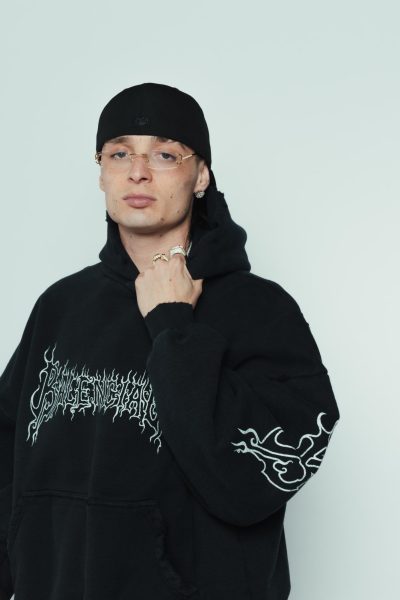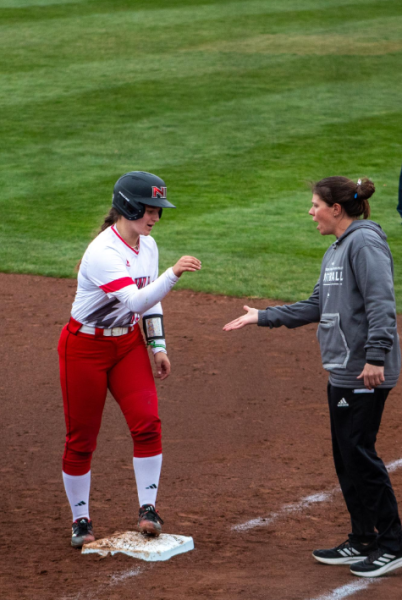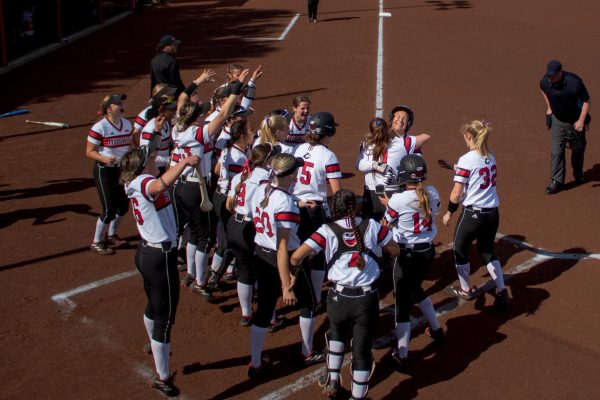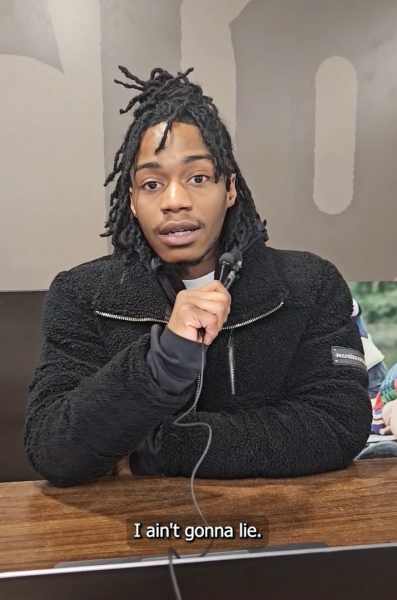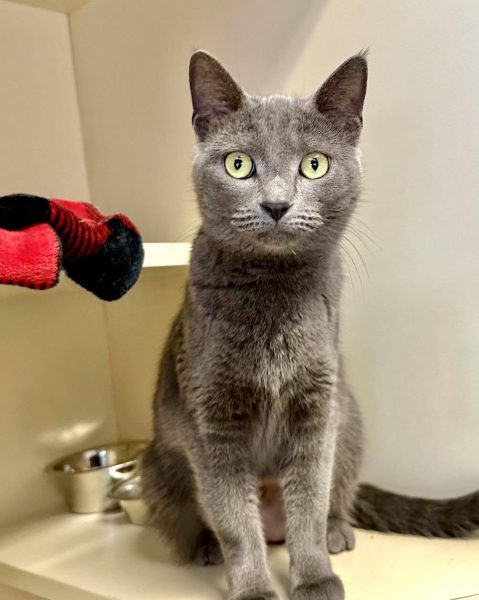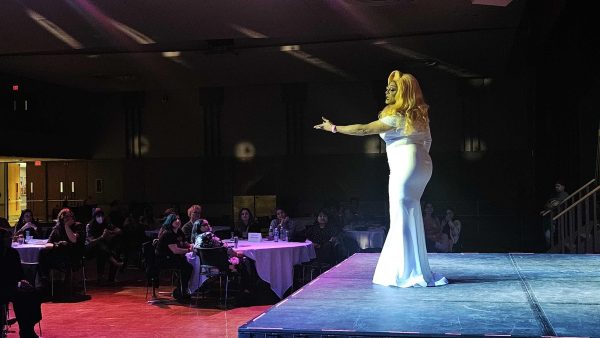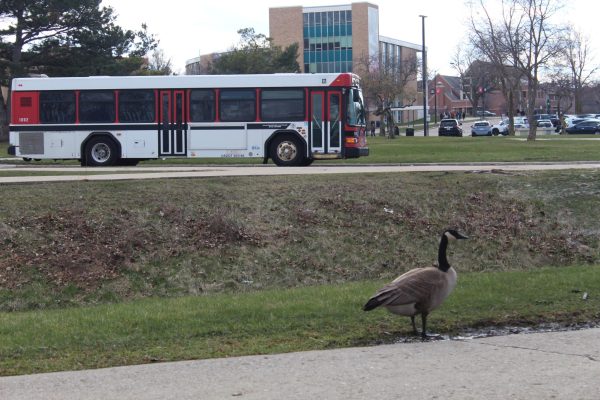Running Start program hosts ‘Elect Her’ event, canceled due to low attendance
March 21, 2012
The Capitol Room of the Holmes Student Center was home to the Running Start “Elect Her” program Wednesday afternoon.
The event was sponsored by the Women’s Resource Center and was going to be focused on the importance of involving young women in the political process but was canceled due to low attendance.
Shannon Nelson, senior sociology major, said she was excited for the event, and felt that the program would be a good way to prepare women for the real world of politics.
“This was an opportunity to prepare for the real world, and learn to effect change,” Nelson said. “We will have our own issues, and it’s important to have our voices heard in what I feel is the male dominated world of politics.”
The Running Start program began in 2007 with the goal of educating young women on processes and significance of running for political office, said Jessica Grounds, executive director of Running Start.
Running Start hopes to increase the number of women in elected offices in America, according to the groups’ brochure.
“In 2011, only 17 percent of Congress are women, yet women make up 51 percent of America,” Grounds said.
Grounds also said that while women face unique challenges when running for office, such troubles can be overcome through education and support from groups like Running Start.
“Currently the U.S. is ranked 75th in the world for number of women represented at the federal level,” Grounds said.
DeKalb County Clerk John Acardo was in attendance for the event and supported of the program’s objectives.
“We need to adopt the philosophy of education about elections,” Acardo said. “Encouraging young women to become leaders in their communities is a great thing. People need to be aware of the simplicity of getting involved and making a difference. Honestly, running for office isn’t that scary.”
Running Start will host other “Elect Her” events at campuses across the U.S. Grounds sees these events as a way to create a more dynamic political culture.
“We’d like to create a pipeline of women who see themselves as qualified candidates,” Grounds said. “We want to educate them on how to effectively create their message and support their campaigns.”



